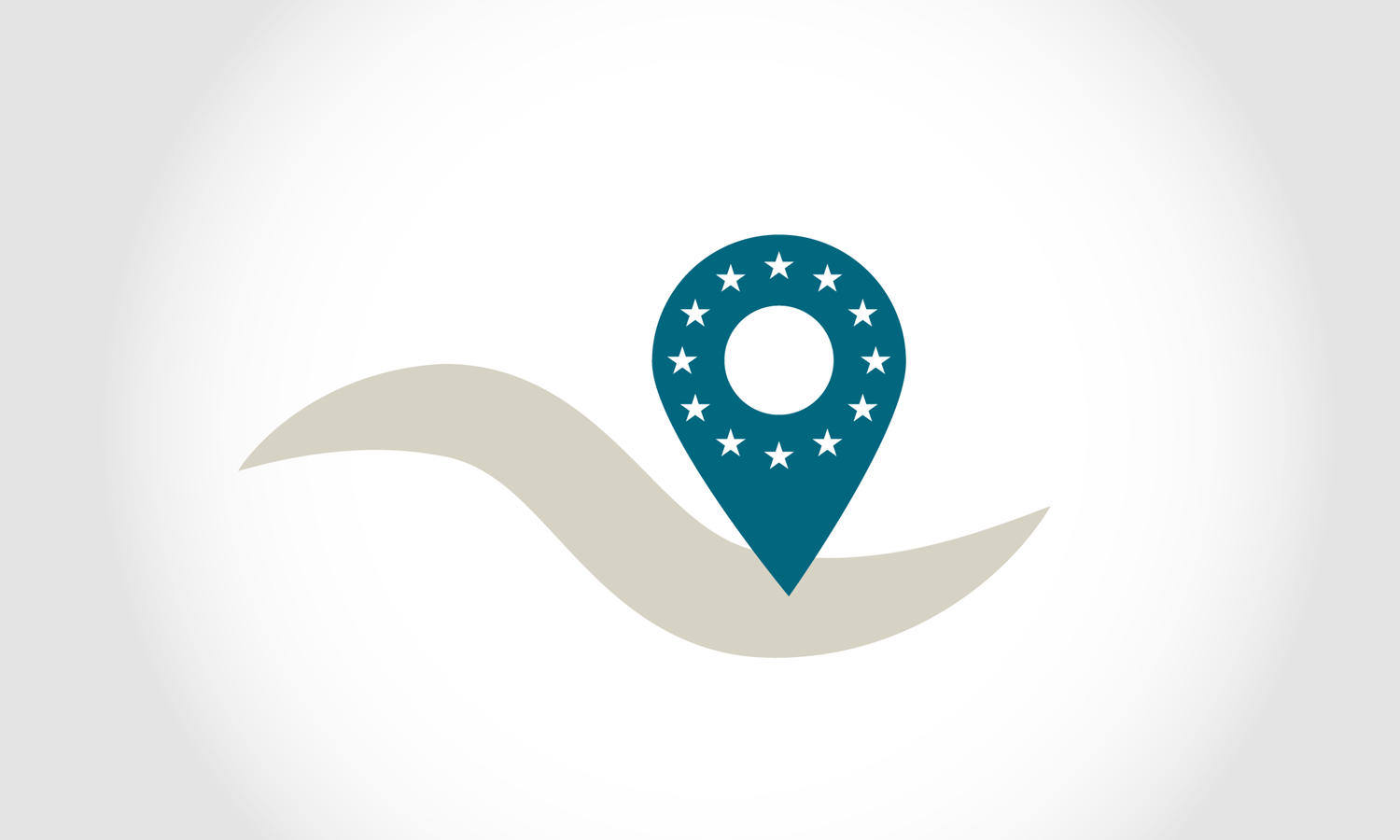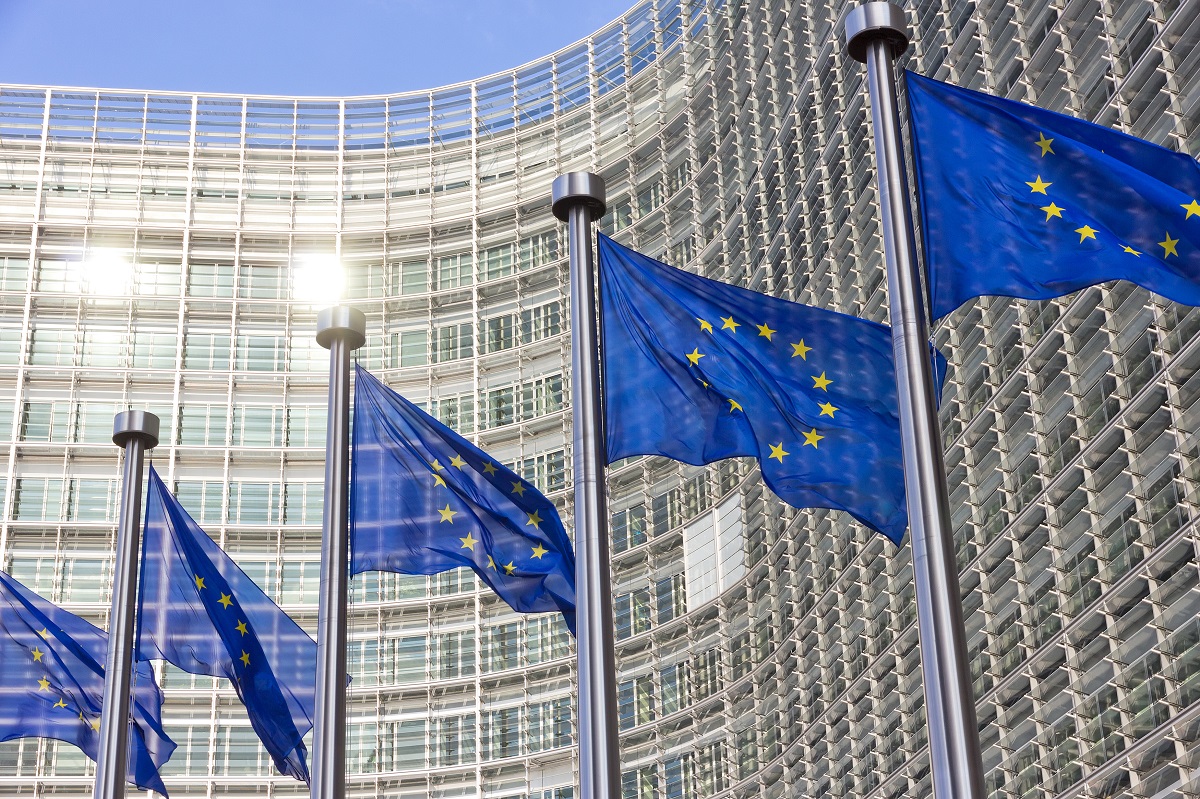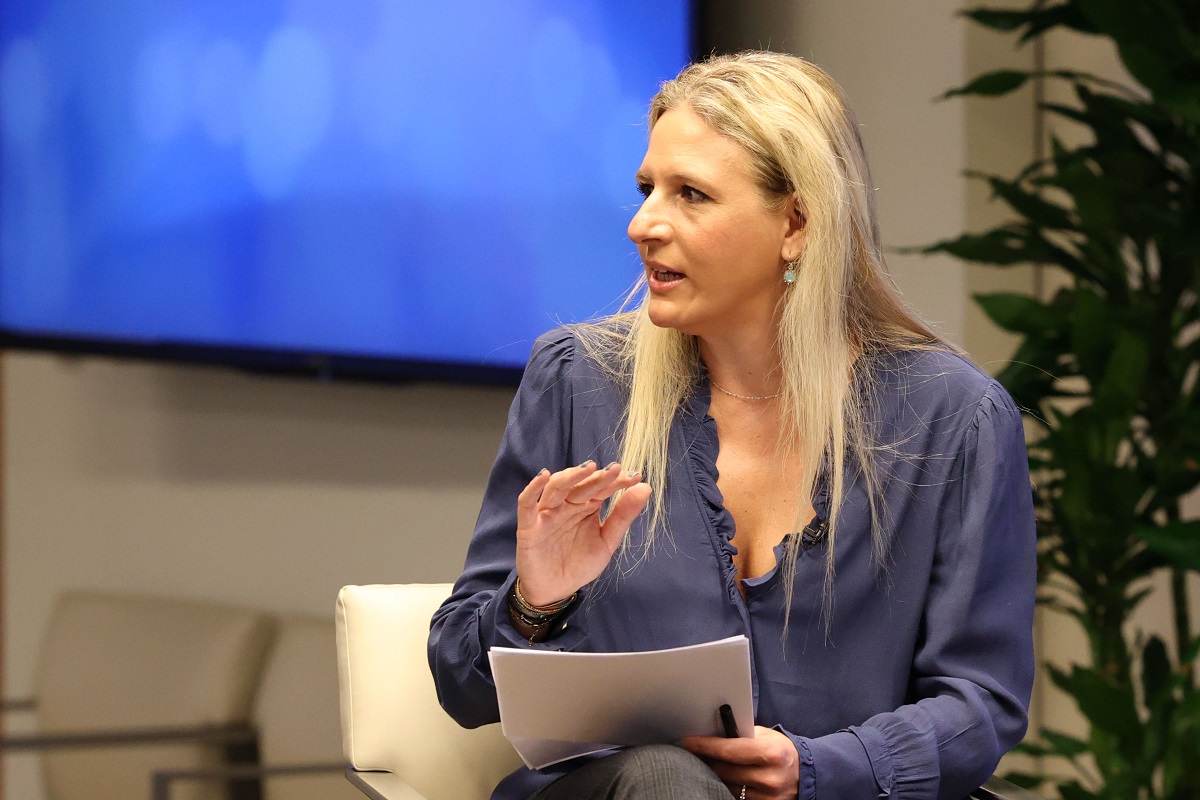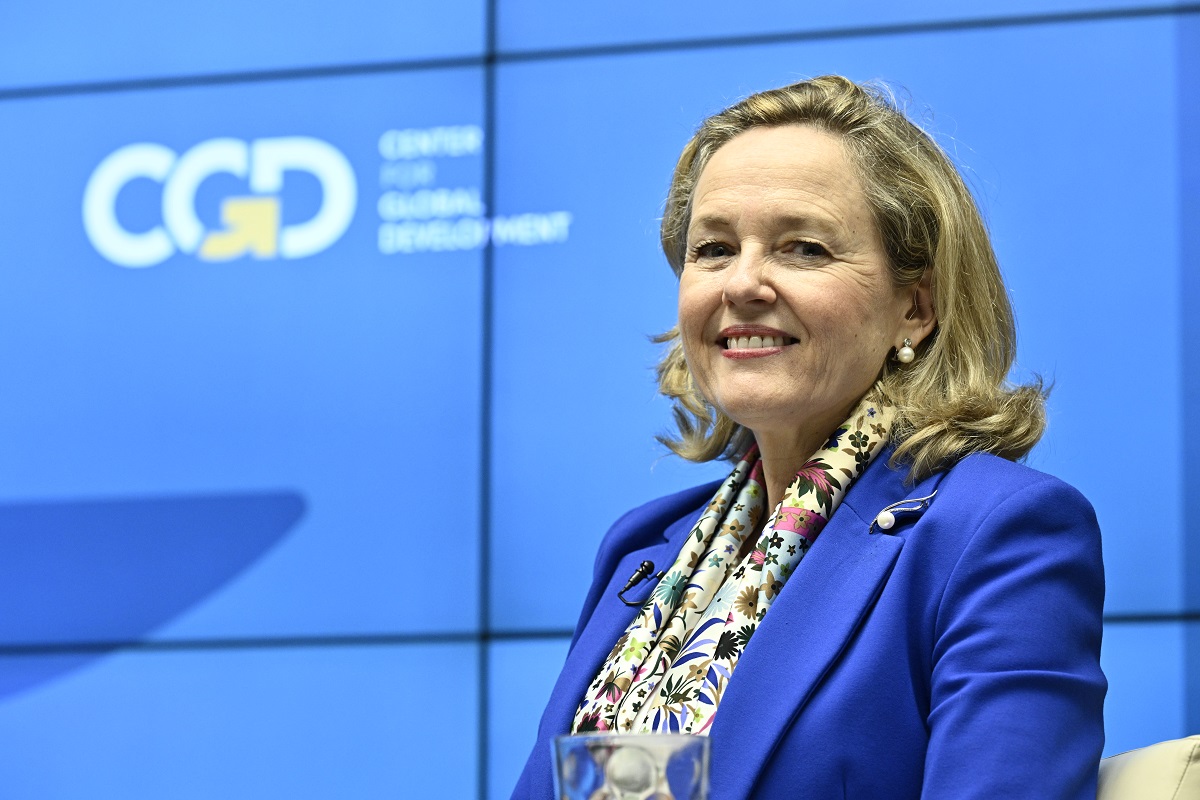Recommended

Event
Contents
IntroductionPromoting New Kinds of Legal Migration Pathways between Europe and Africa
Redesigning the External Investment Plan to be a Game-Changer for Africa
Reforming EU Trade Policy to Accelerate Economic Transformation in Africa
Strengthening European Leadership on Global Health Security
Introduction
The arrival of a new leadership team in Brussels provides an opportunity for Europe to reinvigorate its role as a global development power and to build a true partnership with its continental neighbour, Africa. These tasks have never been more urgent. With only 10 years to go, the world is far from achieving the Sustainable Development Goals (SDGs) by 2030. A confluence of well-documented global trends, including accelerating climate change, declining multilateralism, and the erosion of democratic norms, is only increasing the challenge.
No region is more vulnerable to these developments than Africa. The continent’s strong economic growth reported earlier this decade has failed to translate into quality jobs, less inequality, and higher well-being in most sub-Saharan African countries. Projections based on current trends find that by 2030, 376 million Africans—almost a quarter of the region’s population—will remain in poverty, thus failing to realise their economic and social potential. Africa’s underdevelopment has negative spillovers for the European Union (EU) that endanger the future of the world’s most successful supranational integration project. It has contributed to a high influx of refugees and migrants, which has rocked the union’s internal cohesion, entrenched instability in the European neighbourhood and beyond, and empowered populist forces questioning the viability of the EU. It has also come at a high opportunity cost for European investors, consumers, and employers: a prosperous Africa would provide new opportunities for investment, cheaper and more varied imports, and a supply of skilled new workers.
Yet the EU is also uniquely well-placed to offer Africa a true development partnership that is mutually beneficial for the two continents. Africa and Europe share deep economic, cultural, linguistic, and political bonds. For many African countries, the EU and its Member States are already major partners in aid, security, finance, and trade. Moreover, the EU’s values-based agenda of democracy, social security, and human rights sets it apart from other actors engaging with the continent and helps forge a vital middle ground between purely market- and state-oriented approaches. And finally, in recent years, the EU has demonstrated commendable ambition in adapting and innovating its development cooperation to respond to new challenges, such as climate change and fragility. The European Commission has unveiled aspirations for a “radical shift” in Europe’s approach to development cooperation in Africa that will take its relationship with the continent “to the next level.”
In this report, we lay out a roadmap for how the new European Commission can turn this aspiration into reality. We examine specific policy areas—migration, development finance, trade, and global health security—and present four actionable proposals that the EU’s new leadership can pioneer. We do not contend that these are the only areas where the EU can make a difference. But they are areas where significant and concrete progress can be made that benefits both Africa and Europe. We make the case for focused, joined-up, and coherent thinking and action based on a consistent balance between values and interests.
For migration, we propose new kinds of legal labour migration pathways with more tangible benefits to countries of origin and destination, and we suggest piloting and scaling Global Skill Partnership projects within and between Europe and Africa.
For development finance, we propose ways in which the EU could use its current tools to focus on leveraging high-risk capital for underserved markets in Africa, with the European Commission driving collective action, better coordination, impact, and efficiency among European development finance institutions. For trade, we propose ways in which the EU can end tariffs, reform rules of origin, support the African Continental Free Trade Area, pilot “payment by results” for aid for trade, and stimulate transformational economic growth at home and within Africa.
For global health security, we propose a financing mechanism to increase sustainability, coordination, and effectiveness of the joint external evaluation process assessing pandemic preparedness, and we define an integrated way for the Commission’s Directorates- General and other entities to collaborate on global health security priorities.
Over the next five years, Europe’s new leadership has the unique opportunity to transform its approach to Africa into a sustainable two-way relationship based on a partnership of equals. Beyond history and solidarity, addressing these challenges through innovative approaches is in both Africa’s and the EU’s interests.
We need your help to turn ideas into action. Share the Roadmap with your networks using our social media toolkit!
Promoting New Kinds of Legal Labour Migration Pathways Between Europe and Africa
The world is experiencing significant demographic shifts. By 2100, Europe’s working-age population will have declined, and sub-Saharan Africa’s working-age population will have greatly increased. Many of these new labour market entrants will seek opportunities in Europe, plugging skill gaps and contributing to economies in their countries of destination. To make the most of these movements, the new European Commission should:
- create and promote new kinds of legal labour migration pathways with more tangible benefits to countries of origin and destination;
- pilot and scale Global Skill Partnership projects between Europe and sub-Saharan Africa, and within Africa;
- be a positive voice for migration within Europe, promoting the benefits from migration and ensuring they are understood.
Redesigning the External Investment Plan to be a Game-Changer for Africa
Investment in projects in sub-Saharan Africa have great potential to achieve high development impact. However, these projects are chronically under-financed by European development finance institutions and private investors because of real or perceived low riskadjusted returns. If structured and steered correctly, the External Investment Plan and its risk-mitigation tools could mobilise investment where the need is greatest. In order to make this happen, the new European Commission should:
- clarify the strategic objectives of external investment and steer it towards leveraging high-risk capital for underserved markets;
- explicitly focus assistance on the poorest countries through clear project selection criteria;
- provide demand-driven technical assistance and operationalise policy dialogue to improve the business environment;
- federate the development finance institutions focusing on steering policy, encouraging best practice, and harmonising procedures and results amongst the development finance institutions and multilateral development banks.
Reforming EU Trade Policy to Accelerate Economic Transformation in Africa
As developing countries elsewhere have reaped the benefits of globalisation, much of sub-Saharan Africa remains marginalised in international trade. The new EU leadership has an opportunity to accelerate exportled growth on the continent by introducing a bolder, more coherent policy on trade, agriculture, and aid. The new European Commission should:
- work towards ending tariffs on imports from Africa and reform rules of origin to permit increased cumulation;
- improve the effectiveness and impact of EU “Aid for Trade” in Africa by piloting “payment by results”;
- reduce subsidies to Europe’s agricultural sector to help even the playing field with African producers;
- reform the European Globalisation Adjustment Fund to ensure the EU can manage structural adjustment resulting from increased intercontinental trade.
Strengthening European Leadership on Global Health Security
Recent outbreaks of diseases such as Ebola and Zika highlight the need to focus on global health security and preparedness, both at the country and at the global level. Pandemic preparedness is a shared, global concern. Impending leadership transitions in EU institutions provide a unique opportunity to bolster European action on global health security. This would be a double win for the EU: advancing its efforts to foster progress in developing countries while also protecting Europe against potential disease risks. Finance is crucial to preparedness, and both the EU and Member States have a responsibility to ensure that mechanisms are in place to mobilise funds when needed. The new European Commission should:
- strengthen collaboration and coordination across EU entities holding global health security responsibilities;
- prioritise global health security and preparedness in the Commission’s dialogue with Member States;
- develop a financing mechanism to increase sustainability, collaboration, and effectiveness on preparedness as assessed by the WHO’s joint external evaluation process.
Rights & Permissions
You may use and disseminate CGD’s publications under these conditions.






